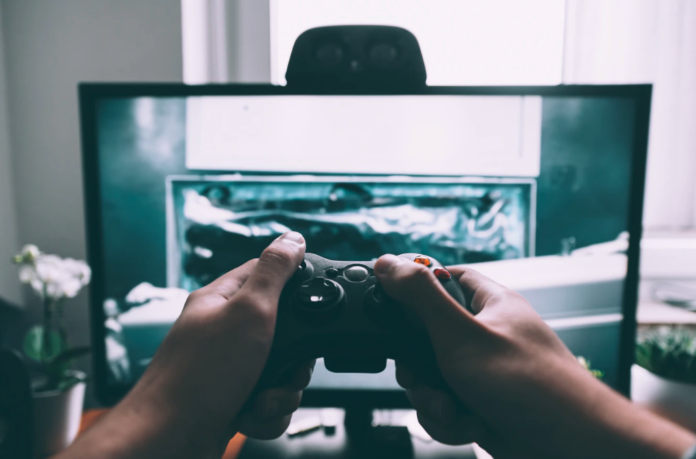From the jump, we humans have invented hobbies and games to blow off some steam and keep ourselves entertained. But our favorite pastimes also provide genuine cognitive nutrition. Whatever the platform — video games, board games, or sports — the act of play is a brilliant brain-training tool.
Games keep our reactions sharp and mind alert. And much of the skills we learn from mastering our favorites can be applied to real life. They prepare us for the day, allowing us to adapt to whatever the world throws our way.
Read on to learn more about how our favorite pastimes, keep us ahead of the game.
Playing poker teaches patience
The game of poker teaches you to cope when things inevitably don’t go our way, and to wait for an opportune moment to take a risk. It inspires patience, teaching us to not make rash decisions and to hold back once in a while. Like the skill itself, poker takes time to master. Anyone can play, but not everyone can play well.
On the face of it, poker is merely a game of luck. Yet, scratch below the surface and you reveal an intricate puzzle to be solved. Taking time to read the room is vital. And striking a royal flush guarantees nothing — unlikely as it is. It’s possible to take home the chips with an offsuit 2 and 7. Outsmarting your opponents is where it all counts. Poker rewards those who pick their battles, you go big on every round and you’re sure to go bust. Patience (and the game) is mastered when you learn: When to bluff, when to fold, and when to bet.
If you’re interested in training the art of patience, consider joining an online casino like 32 Red Casino, where you can jump into a game of poker whenever you want. 32 Red Casino also has an array of Texas Holdem games to take advantage of. Better yet, many free to play and bonus versions are also available. So, you can sharpen the mind without wagering unnecessary cash. Remember, patience is primarily about control. Breaking the bank to win a couple of hands is counterproductive.
Playing chess develops winning tactics
Chess is a game stereotypically reserved for brainiacs. But I don’t agree with such a passing judgment. The classic matchup of wit is something anyone can learn. However, where the label does ring true, is the games’ inherent ability to teach logical thinking with a degree of foresight. A successful player will approach the board with a set of tactics, yet ready to pivot as they adapt to meet the opponent’s own moves.
The aim is to stay one step ahead of your challenger at all times. To do so, you have to plot a course of action. Coming in with a gameplan is a good starting point; winging it and reacting to moves puts you on the back foot right away. Long term students of the game are known to recall winning maneuvers, and replicate them to gain an automatic edge.
While planning is all well and good — much like real life — your opponent is bound to throw out some curveballs. And unexpected moves are hard to plan for, adapting to the game is key. You must observe the game and have the foresight to dance around another player.
Has chess piqued your interest? There are many places on the web where you can challenge other enthusiasts. If you are a novice, try sites like Chess24. It has tonnes of great reading material to brush up on tips and tricks. Chess24 also gives you the option to challenge other players or practice on a computerized opponent.
Basketball instills a competitive spirit
Whether its football, baseball, or hockey: any team sport is mentally taxing. But basketball, in particular, has a competitive edge, which makes sure you’re always on the ball. Its fast tempo has you performing mental gymnastics up and down the court.
From the perspective of defense, you have to fight and claw to stop the bucket. While offensively speaking, players need to innovate and invent new ways to hit the mark. And when competing in a full game, you must replicate the same dogged intensity over and over for 48 minutes. In that lies the basic human instinct for competition. Every tactic, every shot, and every block is done so your team can win the game.
While competition can put undue stress on the brain, it can also benefit you in the right environment. Whether it’s a tricky assignment at work or preparation for a marathon. The instinctive desire to overcome keeps you alert and inspires a higher level of effort.
Basketball is more popular than ever before. Finding a team to play for at any level shouldn’t be hard. Google your local area and see what is available to you. Alternatively, videogames like NBA 2K20 offer the closest thing to a simulated experience. You can spend hours drawing up plays and competing against fantasy lineups of all-time greats.
Recommended reading: Understanding the Complexities of the Brain
Playing games of all sorts is a brilliant way to stay sharp and more alert. After all, they are a reflection of us and what keeps us stimulated. Gives these games a try and you’ll be training your brain and having fun in no time.
Thanks to Glenn Carstens-Peters

